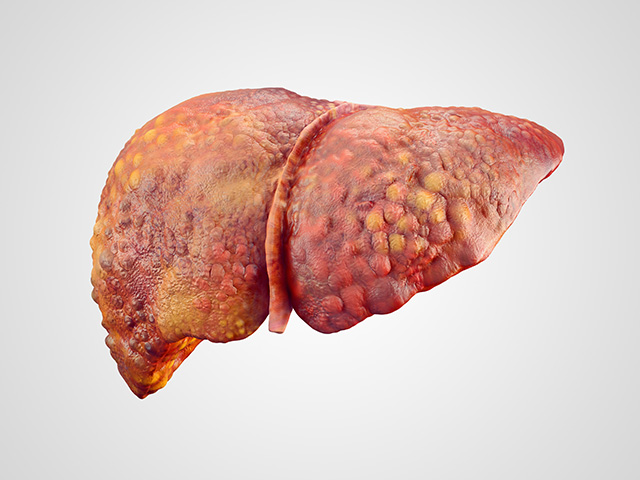Extracts from fermented tea help neutralize effects of a high-fat diet by reducing oxidative stress and providing a hepatoprotective effect
03/21/2018 / By Michelle Simmons / Comments
Views

Advertisement
A study published in the journal Food Science and Human Wellness has found that extracts of Pu-erh tea, a type of fermented tea, provide protective effects against oxidative stress.
- Study authors from China looked at the oxidative stress reduction and hepatoprotective effects of extracts of the fermented tea called Pu-erh on rats that were fed a high-fat diet.
- Pu-erh is a type of fermented tea that is produced through a special fermentation process with high temperature and high humidity.
- They conducted the study on fifty rats fed with a diet rich in fat and divided them into five groups – normal-feed control group, high-fat feed control group, and Pu-erh extract-treated groups with three levels of dose. The body weight of the rats was measured once a day.
- Results showed that Pu-erh extracts decreased body weight, fat index, malondialdehyde and nitric oxide synthase levels, and increased hepatic total superoxide dismutase, catalase, and glutathione peroxidase activities after the 12-week intervention.
- These changes indicated that the extracts of Pu-erh tea possess potent protective effect against hepatic damage caused by oxidative stress.
- Pu-erh tea extracts activated the hepatic antioxidant system and reversed lipid peroxidation, protecting the liver from diseases linked to type 2 diabetes.
- In addition, the extracts of Pu-erh tea play an important role in the regulation of glucose level by improving the glycogen synthesis and the pyruvate kinase activity, which prevent liver disease.
In conclusion, the findings of the study indicated that Pu-erh tea can be used to prevent and/or treat diseases associated with oxidative stress, such as fatty liver disease.
For the full text of the study, go to this link.
Journal Reference:
Su J, Wang X, Song W, Bai X, Li C. REDUCING OXIDATIVE STRESS AND HEPATOPROTECTIVE EFFECT OF WATER EXTRACTS FROM PU-ERH TEA ON RATS WITH HIGH-FAT DIET. Food Science and Human Wellness. 2016; 5(4): 199-206. DOI: https://doi.org/10.1016/j.fshw.2016.09.002
Tagged Under:
hepatoprotective effect, high-fat diet, Liver, liver diseases, liver protection, oxidation, oxidative stress, Pu-erh tea, Pu-erh tea extracts, tea, Type 2 Diabetes
100% Fresh Food News, Right at Your Fingertips!
Find out everything you need to know about clean and healthy eating when you sign up for our FREE email newsletter. Receive the latest news on all the top superfoods, recipes, natural remedies, diets, food tips, and more!
Your privacy is protected. Subscription confirmation required.
Related Articles
Advertisements







